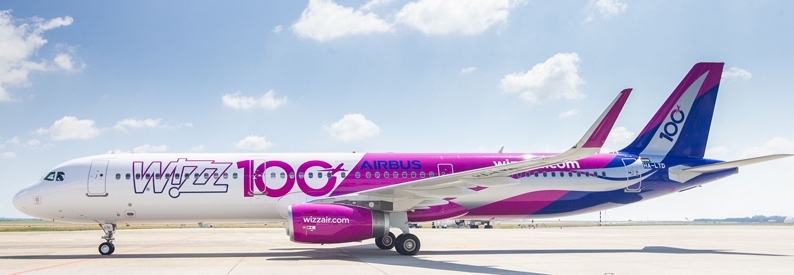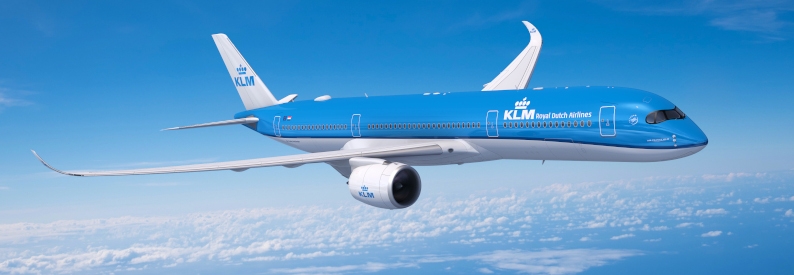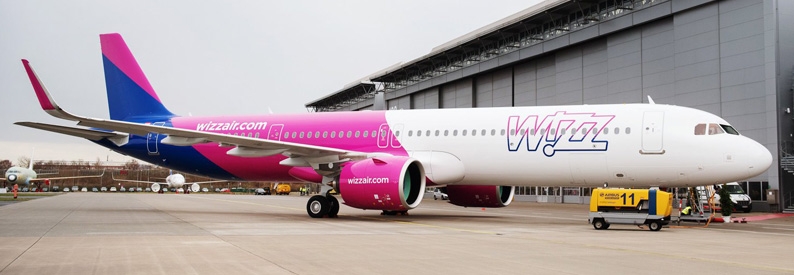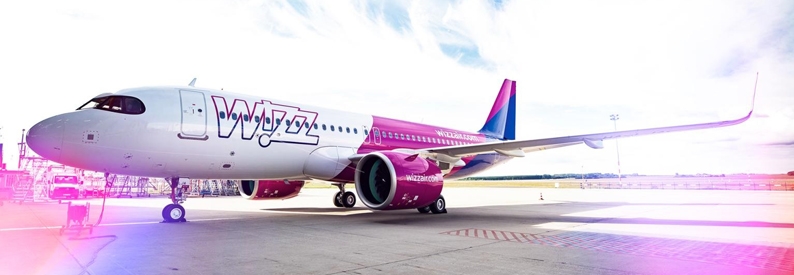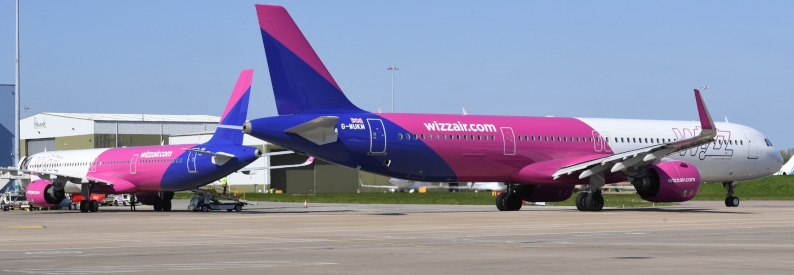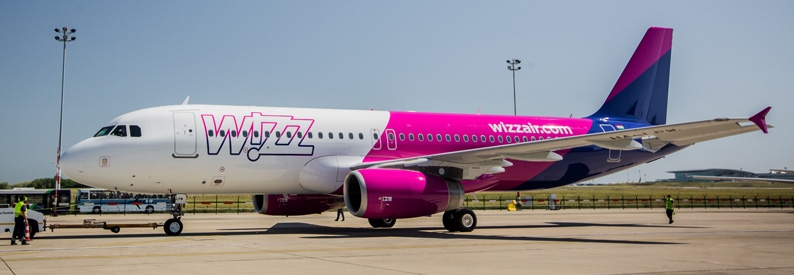The European Union General Court in Luxembourg on March 29 dismissed legal action brought by Wizz Air (W6, Budapest) against the European Commission for sanctioning EUR62.1 million euros (USD67.7 million) in Romanian state aid to Blue Air (Romania) (BLA, Bucharest Henri Coanda).
The aid signed off on August 20, 2020, consisted of a 100% state loan of RON300.7 million lei (USD66.7 million) with subsidised interest rates to the airline 99.9% privately-owned by Romanian company Airline Invest and 0.01% by a US citizen. In 2019, Blue Air had recorded a turnover of EUR414 million (USD451.4 million) and operated 23 aircraft on domestic and international routes. However, travel restrictions caused by the Covid-19 pandemic seriously impacted the airline between March and June 2020.
The Romanian state aid was aimed at alleviating that impact. It included damage compensation of EUR28.2 million (USD30.8 million) for six years, plus EUR33.8 million (USD36.9 million) for a limited period of six months to partially cover Blue Air's urgent liquidity needs at the time caused by heavy operating losses. This enabled the airline to continue operating while working out a viable restructuring plan.
Wizz Air sought an annulment of the Commission's decision. Yet, following a hearing on July 12, 2022, the General Court rejected all of Wizz Air's legal pleas and dismissed the suit entirely with costs.
The court rejected all of Wizz Air's legal arguments, amongst which were allegations that the Commission wrongly assessed the damage Blue Air suffered between March 16 and June 30, 2020, due to Covid-19. It also claimed the Commission had failed to distinguish between damages caused by the pandemic and losses resulting from Blue Air's pre-existing difficulties. It argued Blue Air had failed to reduce its costs during the pandemic.
Wizz Air argued that Brussels failed to consider Blue Air's competitive advantage resulting from the compensation. The court found the Commission was right when it argued that Blue Air ensured air connectivity of Romania on domestic and international routes, some of which linked remote areas of Romania which were difficult to access by land due to the poor state of the country's rail and road infrastructure.
The court also supported the Commission's argument that some small airports would not be served if Blue Air left the market, given that other budget carriers had shown no interest in serving those routes, while national carrier TAROM (RO, Bucharest Henri Coanda) did not offer low-cost services. Blue Air also was the only low-cost airline operating routes from Romania to Florence Peretola and Milan Linate (Italy), Stuttgart and Cologne/Bonn (Germany), Amsterdam Schiphol (Netherlands), Paris Orly (France), and Helsinki Vantaa (Finland).
Moreover, as the Commission had noted, Blue Air targeted small local entrepreneurs and the Romanian diaspora outside of Romania in Italy, France, Spain, Germany, and the United Kingdom. Blue Air's exit from the market would have directly impacted more than 400,000 passengers, more than 250,000 of whom had their flights cancelled due to Covid travel restrictions.
The court also rejected Wizz Air's charges that the Commission should have asked Blue Air to submit a restructuring plan within six months of receiving the state aid.

